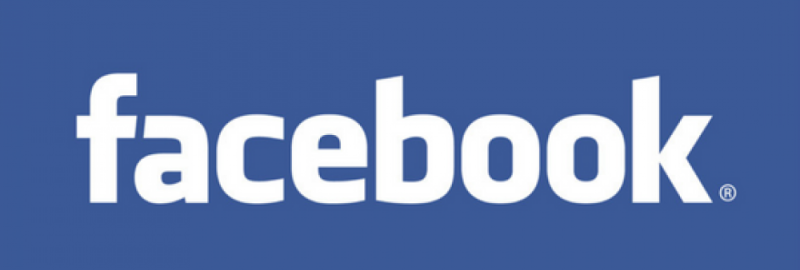
With the rise of social media, messaging has become an essential part of how we communicate today. As such, companies are increasingly looking for ways to improve the messaging user experience. Recently, Facebook has announced plans to re-integrate messaging back into the Facebook app in an effort to tap into the emerging trend of private messaging.
This is an interesting shift for Facebook, with the company having once split messaging away from the main app and into the standalone Messenger app back in 2014. Now, the company is looking to merge the two back together and make it easier for users to communicate privately with friends and family. This change will likely make messaging more accessible, as users will be able to access their Messenger inbox directly within the main Facebook app.
At the same time, this move could also further highlight the broader trend of people shifting away from public posting and more towards private conversations. This has been a notable movement over the past few years, with Instagram noting that people were posting more to stories and sending more messages than they were posting to the Feed. As such, it's likely that a lot more user interactions are now less visible, with messages becoming more of the default option for connecting with friends and family.
It's worth noting that Facebook is also looking to utilize AI to make messaging more relevant to users. This includes recommending relevant Reels and content, as well as highlighting emerging creators that could be of interest. All of this is done through machine learning and systematic recommendations.
In conclusion, with this move, Facebook is clearly looking to capitalize on the emerging trend of private messaging and tap into the growing popularity of AI. The integration of messaging into the main Facebook app will make it easier for users to access their inboxes while also helping the platform to highlight relevant content to users. However, this shift could mean that user interactions are now becoming less visible, potentially increasing the importance of direct messaging in connecting with others.